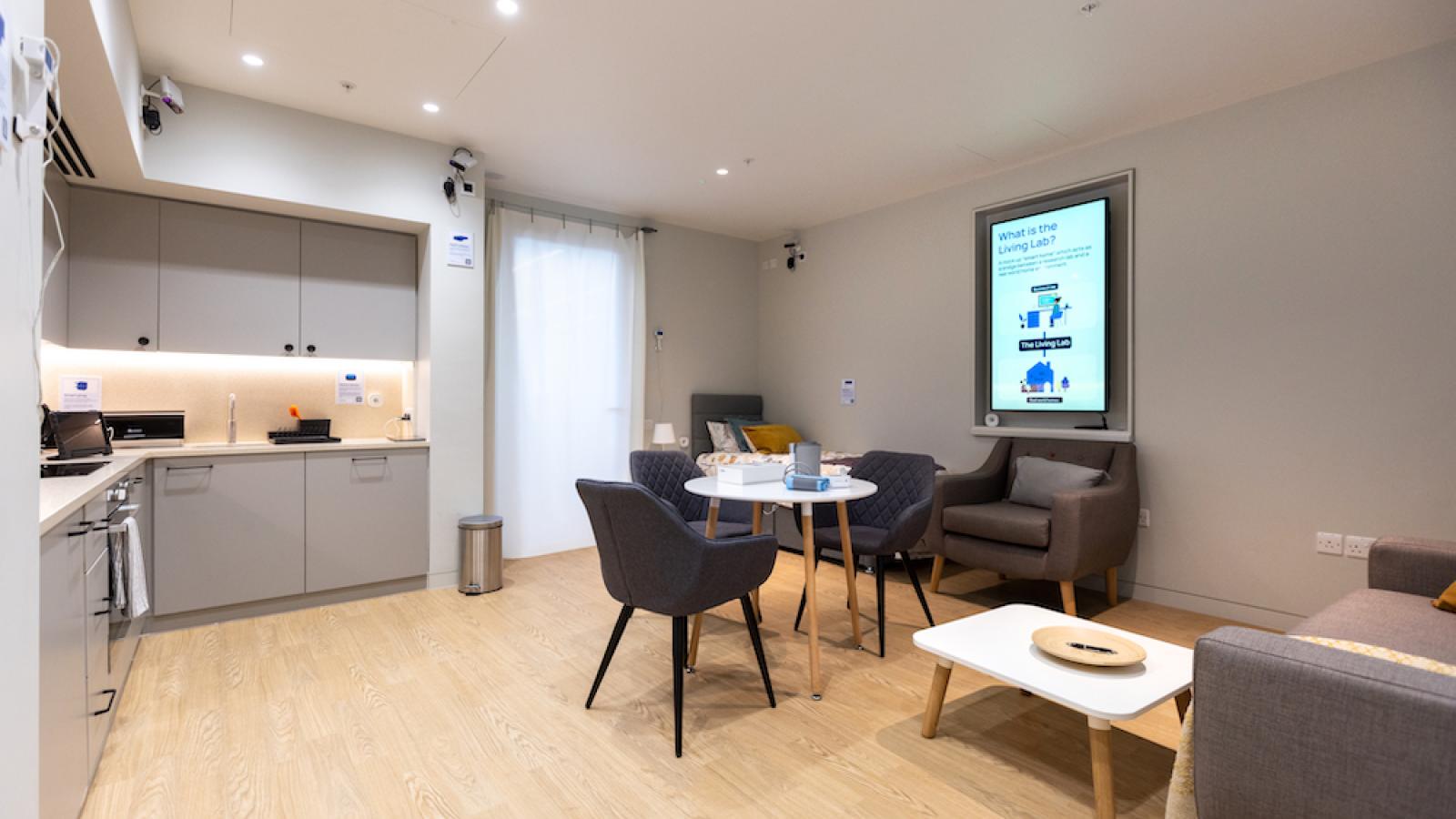Creating a 'Healthy Home' environment for people living with dementia
The Barnaghi Lab is combining engineering and technological innovation to produce a secure 'Healthy Home' system that will incorporate a range of sensors to collect data from people living with dementia in unprecedented detail. By integrating robotics and sophisticated data-analytics, this system will provide a test-bed for new approaches to address major care needs and provide personalised healthcare for these individuals.
The team investigates if the environmental, physiological and behavioural data collected by the Healthy Home can sensitively monitor disease progression and can be used to detect and predict adverse health conditions. They focus on automatic detection of events such as the person becoming agitated, falls, or having sleep disturbances using AI and machine learning solutions. They investigate how machine learning can help identify and predict the specific patterns of those events – and also guide a person towards an appropriate solution, such as improving their hydration or revising their medication.
The scientists take great care with safeguarding the privacy and security of personal data. They build on their existing 'Databox' system to develop improved ways of storing and analysing data within the home. Although they will allow the limited sharing of data centrally, this will only be after any sensitive information is removed.
Latest news
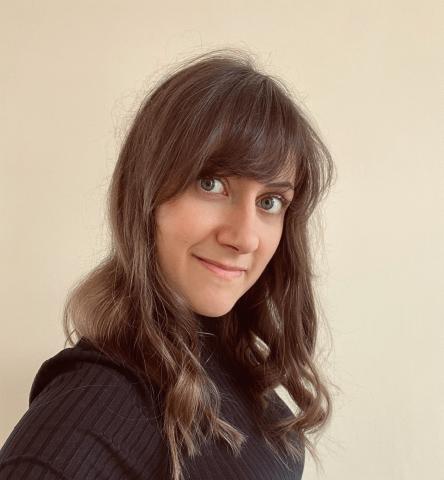
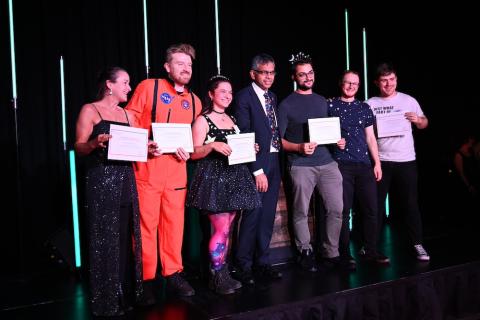
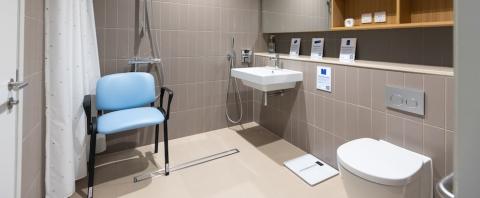
Prof Payam Barnaghi
Prof Payam Barnaghi is a Group Leader at the UK DRI Centre for Care Research & Technology. Find out more about his career and expertise on his profile page.
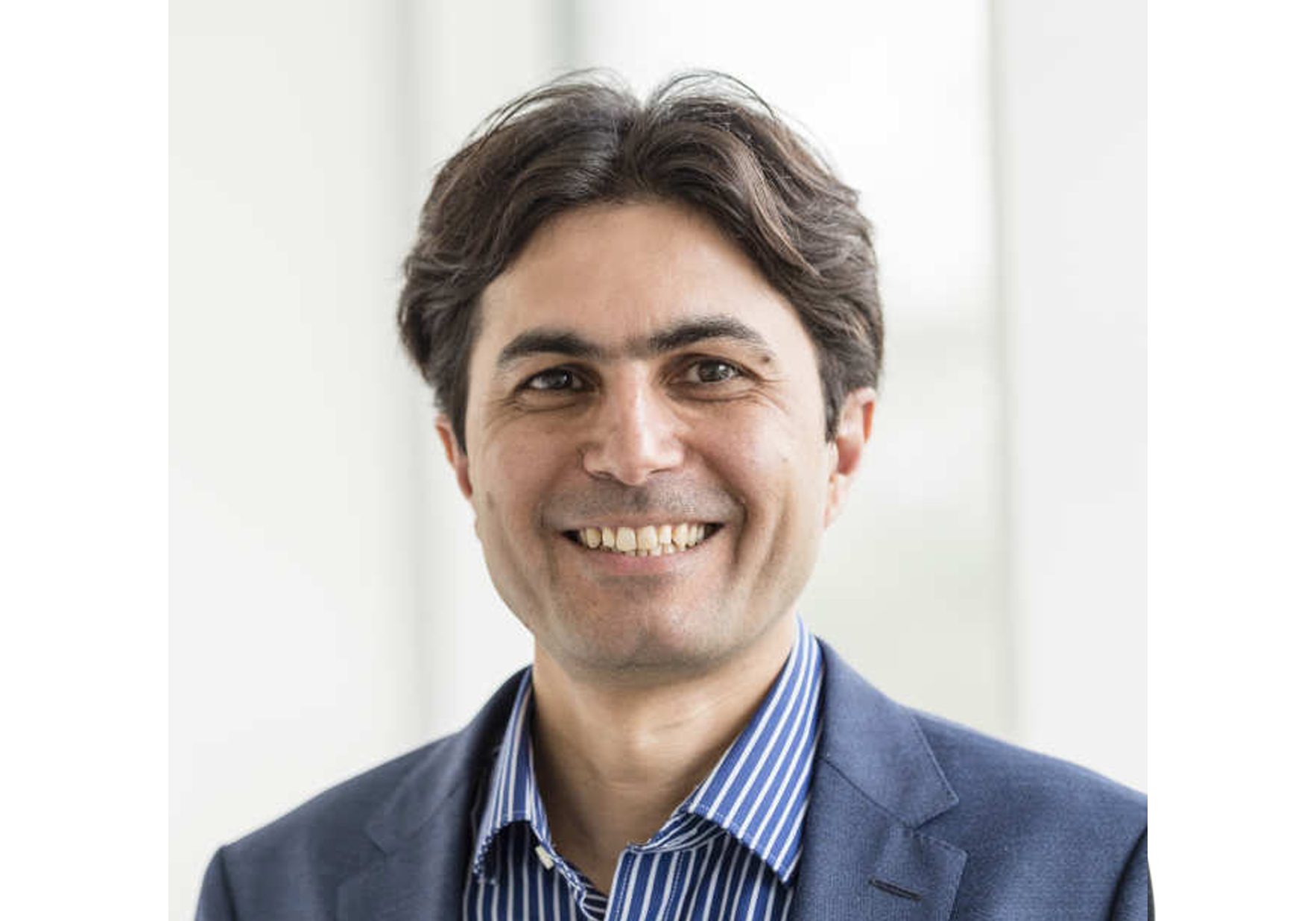
Research summary
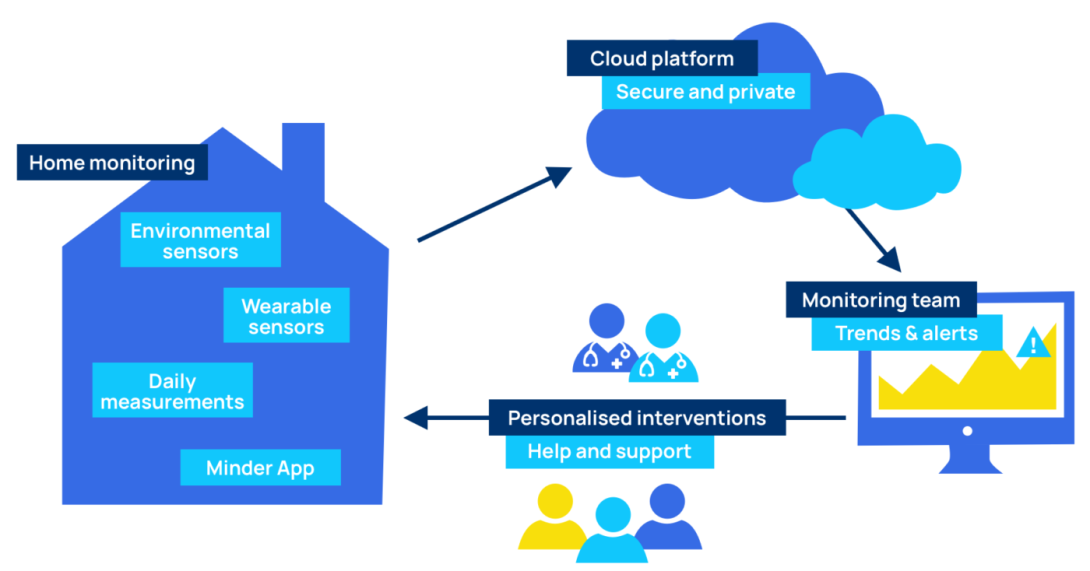
The Minder platform combines advances in digital technology and artificial intelligence to deliver personalised care of the highest quality in private homes, promoting independent living and supporting carers.
Healthy Home Programme
Prof Payam Barnaghi and his team will combine their engineering and technological innovation within a 'Healthy Home' system that integrates environmental and vital sign monitoring sensors, robotics, machine learning and data analytics in a digital platform to address major care needs and personalised healthcare for people living with dementia. The system includes in-home sensors, distributed edge computing, cloud data integration and machine learning algorithms. New technologies are evaluated and then integrated within this platform using novel biosensors, robotics and new clinical analytics.
Identifying disease progression and important clinical events: In people with preclinical or incipient dementia, the researchers will test whether disease progression can be most sensitively measured using behavioural and physiological data provided by the Healthy Home, and machine-learning algorithms are trained to identify disease progression. Another focus is on refining the automatic identification of clinical events, such as agitation, sleep disturbance and falls; the rich home data that they will collect provides the opportunity to investigate physiological or environmental causes for these clinical events. The team will define general network descriptions that capture the potential causal interactions, as well as investigating the most sensitive way to identify specific causes for an individual. For example, a range of factors might cause agitation, including dehydration, sleep disturbance or change to medication. Their importance will vary, and personalised predictions about causation should ultimately be able to guide simple interventions such as improving hydration or revising medication. This process is routine in the assessment of individuals attending hospital, and the aim is to automate elements of this process using machine learning methods that combine knowledge of the likely causes of a clinical event with personalised home monitoring data.
Data Security and Privacy: The team develop solutions that address data security and privacy concerns, building on the novel 'Databox' system. This home-based, personal networked Edge device provides low-cost distributed analytics for the local processing, abstraction and de-identification of data. Combined with federated learning principles, this allows machine learning models to be applied without the need to centralise data on the cloud. This safeguards privacy by flexibly allowing personal data to either be analysed in the home or to be changed into a form that removes sensitive information prior to central sharing.
Main objectives and research goals:
- To produce a cost-effective and secure Healthy Home system that integrates diverse technology to address major care needs.
- To use machine learning methods to (i) measure disease progression; and (ii) identify and predict the risk of clinical events such as Urinary Tract Infections, sleep disturbance and agitation and identify their causes.
- Develop solutions to address data security and privacy concerns, building on the 'Databox' system.
Key publications
Vacancies
Lab members
- Dr Samaneh Kouchaki (Academic)
- Wilson Goh (Honourary Senior Lecturer)
- Dr Yu Chen (Postdoctoral Researcher)
- Anna Joffe (Staff Scientist)
- Amer Marzuki (Staff Scientist)
- Dr Melanie Dani (BHF Clinical Fellow)
- Mark Woodbridge (Staff Scientist)
- Nan Fletcher-Lloyd (Research Assistant)
- Natalia Cespedez (Research Assistant)
- Zeinab Ghannam (Research Assistant)
- Sergio Sierra Marin (Research Assistant)
- Iona Biggart (Research Assistant)
- Cecilia Rodriguez (Research Assistant - joint with Cynthia Sandor)
- William Li (Research Assistant)
- Rhiannon Davidge (Research Administrator)
- Nivedita Bijlani (PhD Student)
- Alexander Capstick (PhD Student - joint with Prof David Sharp)
- Jin Cui (PhD Student)
- Roonak Rezvani (PhD Student)
- Ann-Kathrin Schakamp (PhD Student)
- Ivan Savchuk (PhD Student)
- Aditi Rao (PhD Student)
- Thomas Jodrell (PhD Student)
- Marco Reed (PhD Student)
- Marirena Bafaloukou (Masters Student)
- Louise Rigny (Masters Student)
- Antigone Fogel (Masters Student)
- Sai Arathi Parepalli (Student)
- Ema Ferra (Student)
- Anya Kaur Haddon (Student)
- Olivia Pownall (Student)
Collaborators


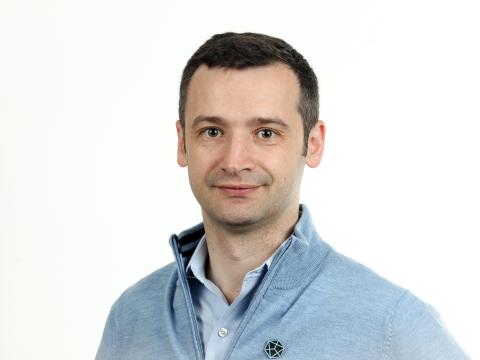
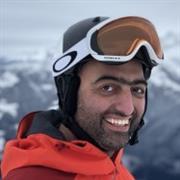
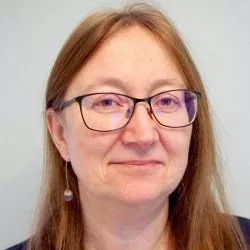
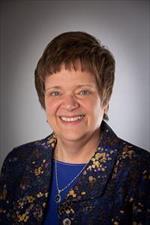
Lab funders
Thank you to all those who support the Barnaghi Lab!
